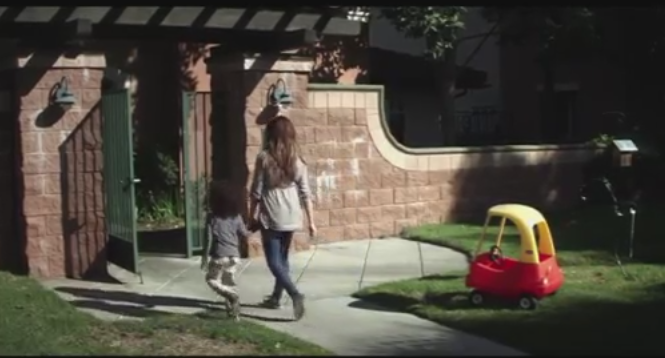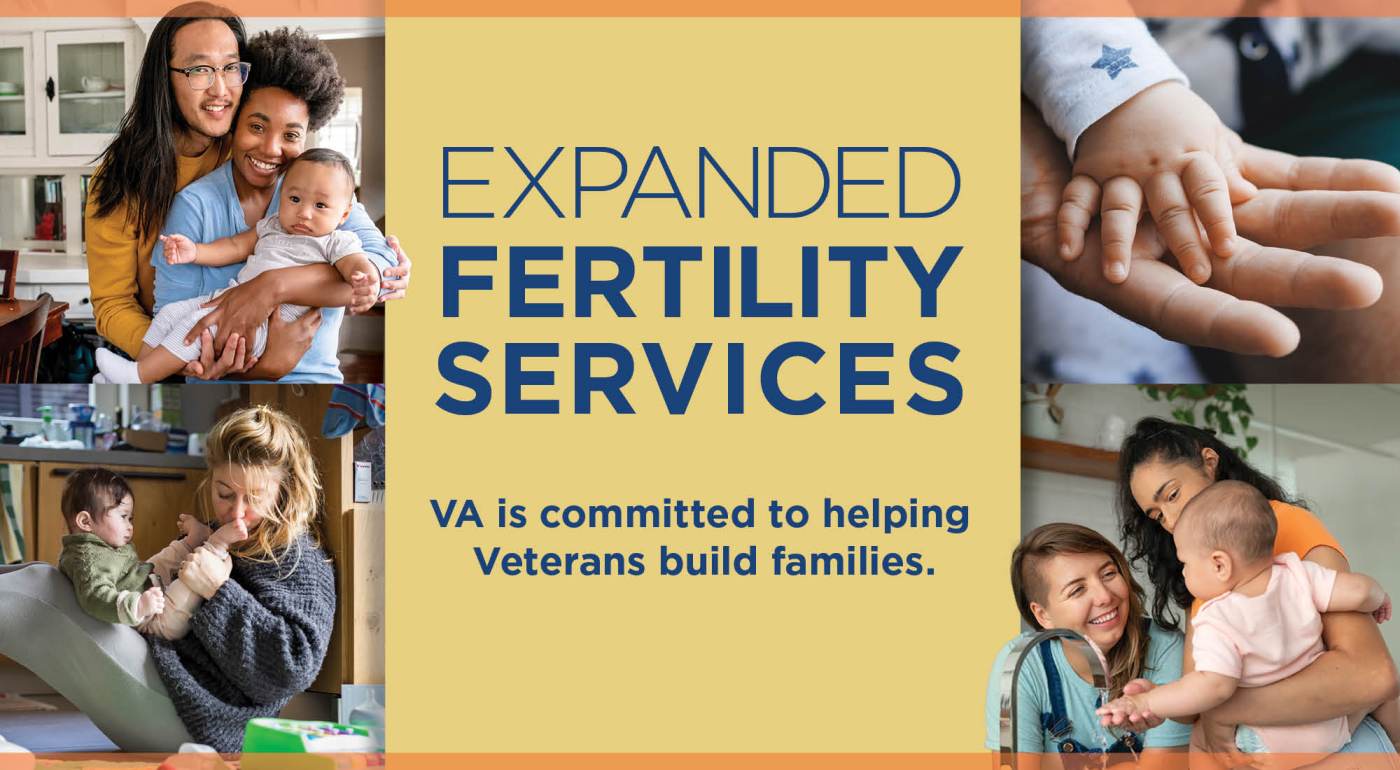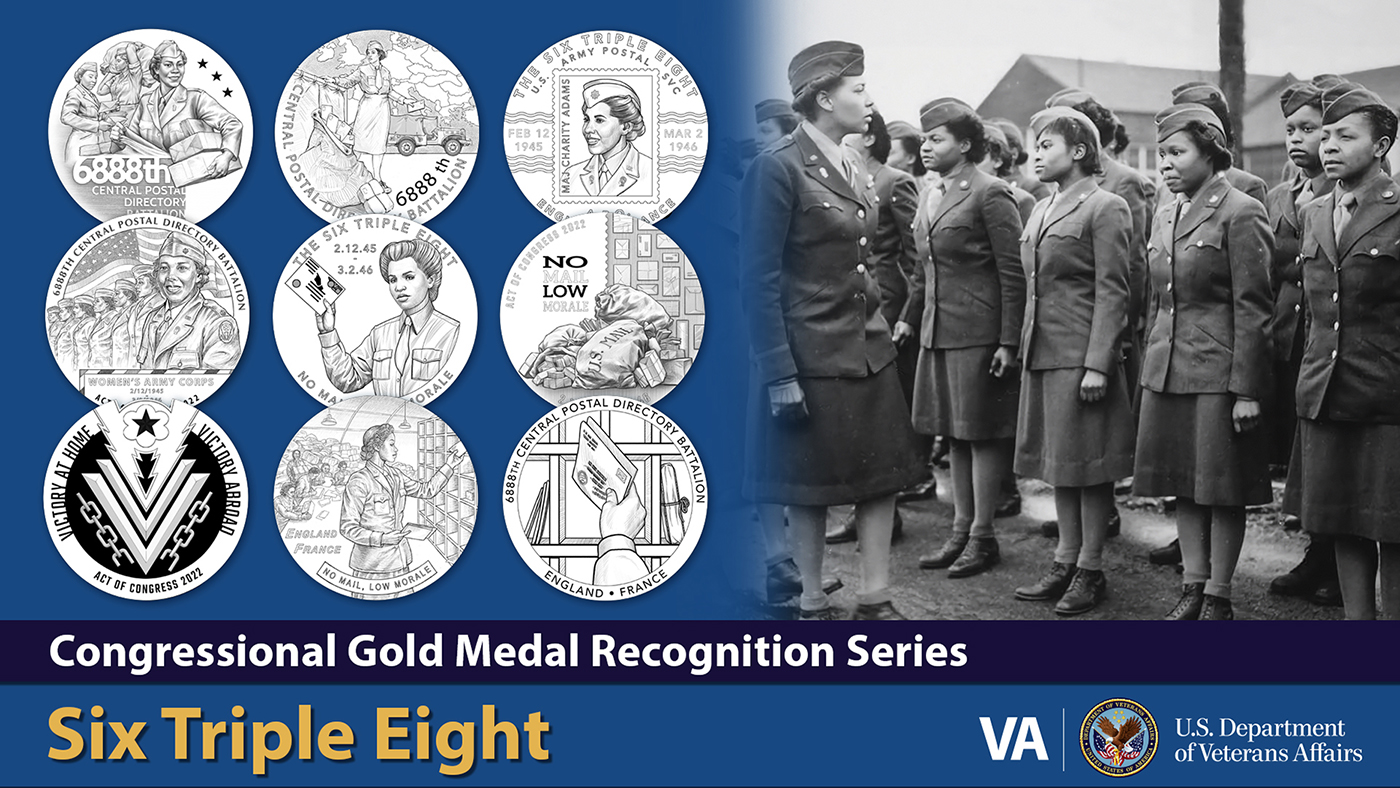As the number of women serving in the military has increased, female Veterans have become the fastest growing demographic in America’s homeless community.
Today, women comprise approximately nine percent of all Veterans, and the best available official estimates suggest that they make up the same proportion of the homeless Veteran population. Although the overall Veteran population is expected to decline over the next two decades, the number of women Veterans is projected to increase during the same period. Moreover, the number of women Veterans who may require assistance from VA programs for Veterans who are homeless or are at-risk of homelessness is expected to rise by nearly 5% by 2025.
Both in deployment and at home, female Veterans may be more likely to face some challenges than their male counterparts. Without intervention, these risk factors – such as experiencing military sexual trauma (MST), domestic violence, wage disparity or discrimination – can put them at risk of homelessness. For example, women Veterans who have experienced MST are nine times more at risk for post-traumatic stress disorder (PTSD) and more prone to substance abuse disorders, factors that greatly increase their susceptibility to homelessness.
Despite these many risk factors, women Veterans are still less likely to access VA care and less likely to self-identify as Veterans. Additionally, there are more community programs – like grants for single mothers, local domestic violence support programs, and more – tailored to supporting women’s needs, making female Veterans less likely to seek support through VA programs. VA continues to tailor programs and strengthen local, state and federal partnerships to help us break down barriers to access, so that all Veterans in need receive the care and support they deserve.
Specialized housing, child care and employment services
VA provides a range of resources to meet the unique needs of women Veterans who are experiencing or at-risk of homelessness.
- Family housing and wraparound support with U.S. Department of Housing and Urban Development and VA Supportive Housing Program (HUD-VASH). A higher percent of women Veterans have a service connected disability, have no income, and are in poverty than men – compounding risk factors that greatly increase the risk of homelessness. Designed to provide permanent housing to chronically homeless Veterans, HUD-VASH prioritizes disabled Veterans with dependent children, many of whom are women. Unlike grant-based housing programs, HUD-VASH provides eligible Veterans with housing subsidies that can be used to securing housing options that can accommodate an entire family instead of a single person. This program is part of the Housing First approach, an evidence-based, low-barrier housing model that emphasizes housing as the initial service, followed by supportive services such as employment and healthcare.
- Child care subsidies and rapid rehousing through Supportive Services for Veteran Families Program (SSVF). While the average homeless male Veteran is single, many female Veterans experiencing homelessness are parents. This brings a host of other considerations to bear when caring for this community like access to family housing and affordable child care. In fact, VA and community providers ranked child care as the highest unmet need of homeless Veterans from Fiscal Year 2008-2010. The SSVF program has awarded grants to organizations that provide supportive services to very low income Veterans, survivors of domestic violence and those struggling with mental health conditions and addictions, as well as their family members. This program can be particularly helpful for single mothers, who can find rapid rehousing assistance through the program and use SSVF subsidies to cover child care costs that could otherwise be a prohibitive employment and housing barrier.
- Employment and professional development opportunities through Homeless Veteran Community Employment Services (HVCES). Employment plays an important role in helping Veterans – male and female alike – exit homelessness and reintegrate back into their community. Amongst homeless women Veterans who have access to VA services, 77 percent are unemployed. HVCES helps businesses and industry identify, interview and hire job-ready Veterans exiting homelessness, and pairs this employment emphasis with wraparound services to address the root causes of homelessness and help Veterans maintain long-term stable employment. Through a network of over 150 community employment coordinators, HVCES staff work alongside community partners to identify gaps in employment services for homeless Veterans and helps to fill them.
The impact of several of these programs can be seen in Tracey Staff’s experiences with VA. After relocating to Houston, Tracey had trouble securing a stable job. Soon, she and her son were living in low-rate motels and couch-surfing at friends’ houses. Tracey eventually sought assistance from VA’s SSVF program, which offers employment services, referrals to housing, case management, temporary financial assistance and help applying for VA benefits. The assistance she received led to stable housing and secure meaningful employment in Goodwill’s Veteran Services Office. With a stable income and the support of SSVF, she is now able to take care of her family and also support local Veterans like her.
Or take Ayana Jones, a 40-year-old mother of three who became homeless after experiencing domestic violence and going through a divorce. After seeking assistance from her local VA Medical Center, Jones was provided with supportive services and entered programs that allowed her and her three children to be rehoused. Jones is now eager to purchase her own home and volunteers in her local community’s domestic violence shelters, churches, and Veteran clinics.
The experiences of Staff and Jones are not unusual: in fiscal year 2016, women Veterans accounted for approximately 12% of those served by HUD-VASH, 13% of those served by SSVF, and 10.4% of those served by HVCES. In addition to the thousands of women Veterans who exit homelessness each year as a result of the interventions provided by VA homeless programs, many more are prevented from becoming homeless. VA will remain committed to serving all Veterans, no matter their circumstances or background. Moreover, we will continue to use all available data to refine VA programs and adjust the allocation of VA resources — when necessary — to ensure that the needs of all subpopulations of Veterans, including women Veterans, are met.
If you are a woman Veteran experiencing or at-risk of homelessness, please call 1-877-4AID-VET (1-877-424-3838), or visit your nearest VA Medical Center or regional benefits office where dedicated advocates for women Veterans are ready to assist.

Topics in this story
More Stories
Thinking about building a family or exploring fertility treatments? VA can support you with a wide range of services.
Report examines the input of over 7,000 women Veterans: They are happier with VA health care than ever before.
The 6888th Central Postal Directory Battalion was awarded the Congressional Gold Medal in 2022, the highest civilian honor bestowed by the United States Congress. This prestigious award recognized the unit's outstanding service and the lasting impact it had on the military and society as a whole.







I am a homeless female disabled veteran who meets all eligibility and program requirements but have been denied a voucher extension and remittance to vash program. How do I appeal decision. What is appeal process
I am a Diabled Vet and single Mother of two. While I am greatful for the assistance I recieved from SSVF program in getting us safely housed after having to relocate due to domestic violence in December 2015.
Due to an accident further disabling me. In October 2016 and being laid off from my employment as a SSVF casemanager 2016; I and my children are At Risk of becoming homeless and have been for months now. Its been a struggle for me to find employment, aid for my housing situation. If its hard for me to locate housing, employment aid I can relate to those Female Vets struggling every month just to get by.. And I know PDX Resources. Im feeling frustrated, let down and left behind.
I have tried several times to get some kind of assistance from VA. Nothing. I am 100% disabled and a woman which gets me even more nothing. I have asked about these wonderful programs I have read about and they at VA look at me like I’m from another planet. They hand me some obscure outdated brochures and send me on my way. Thanks for things like expressive art. Programs like that are a great comfort to a service connected disabled vet woman as she sleeps in her car.
What state do you live? Atlanta GA is definitely providing these wonderful services you read about. Consider moving.
I was homeless. I was homeless back in the nineties when there were no services for women veterans. Because of my traumatic brain injury, military sexual trauma and physical injuries, trying to hold a job was nearly impossible. After losing my last job and all of my belongings except for what would fit in my car, I tried to go to school. However, my car was repossessed on the campus with all my clothes and books. I did finish school that semester, but it was difficult. From where I was then to where I am now, the CEO of Veteran owned and operated 501c3 nonprofit for veterans call the creative drill sergeants, is amazing. My journey with the VA has been difficult and I am so glad to see the VA finally recognizes the value of its women service members and is providing appropriate services and care. More still needs to be done and that is our hope through our nonprofit that we can provide healing through expressive Arts to prevent homelessness and suicide. Expressive Arts has been shown through research to be an indirect way of addressing emotional and physical issues without having to directly talk about what the service member experienced but rather Express those emotions and issues into something tangible like a piece of artwork, a musical creation, poetry and much more. Expressive Arts has literally been my Saving Grace! Programs like the ones we provide at the Creative Drill Sergeants Expressive Arts Academy can literally save lives and should be supported through VA programs and funding.
This article is wretchedly misinformed. The va has done nothing for me as a woman; and little as a veteran.
I would like to know what VA does for widow veterans and families. My dad passed last June and since my mom and siblings have been homeless and seek assistance from VA being my father was a 100% disabled veteran and served in Vietnam war.
I’d like to have the reference page for your statistics and information.
Good resource information. As a female Veteran, I truly appreciate that.
Great article about women vets. My March 1st VA compensation check never arrived. That almost caused me and my 95 year old mother to be evicted. Can something be done to speed up the tracking process on a non received VA check. It is a travesty for us veterans to have to wait 6 weeks for our replacement disability checks we earned. Compensation VA checks are for injuries. Many vets without SSI like me…over 60 years old and supporting aged parents with no SSA benefits left can be a major cause if losing ones home. Something must be done. Thank you. Garrett LA CA area.
I am happy to see that the VA is taking more initiatives for Homeless Female Veteran’s. I was once homeless and pregnant with 3 children and the craziest part was that I was employed with the VA which barred me from help because I had an income. Most of the shelters were set up for males without children. I had to go stay in a shelter in the community who did not care about veterans. While I was denied for help from the VA a charity organization helped me get on my feet. I still struggled for years but I kept praying and trusting in God. I transferred from the state that I was in to a much better position where the cost of living is more affordable. I still suffer from the depression and anxiety of being homeless. There should be counseling for the homeless during and after. Homelessness affects you not only physically but also mentally.
Thank you for helping my sisters!
Discriminates against males, how so?
here we go again. Equality is all veterans being treated exactly the same no matter what sex or race they are. Providing special made up programs for is a violation of this. Children are not the responsibility of the VA. There are many many community and regular government meant for this. The VA is not a child care service . It is to provide services to Veterans for service connected problems
This article shows the VA is a liberal progressive shill that discriminates against males
After completing a two you homeless behavioral modification program I now have a stable income and want to buy a home although had credit issues in the past those have been corrected but credit score is preventing my home purchase. Where to get additional help in this area?